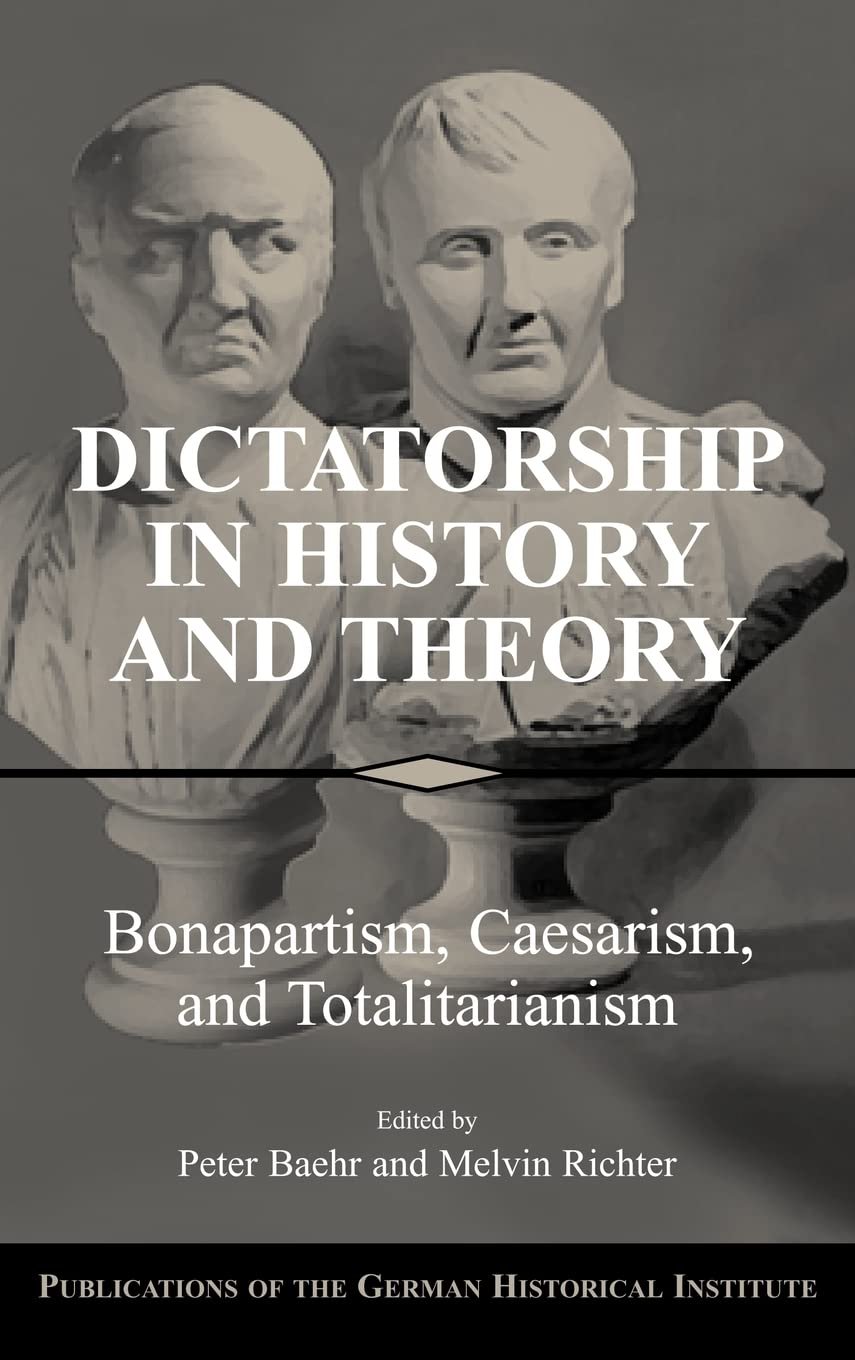Melvin Richter
Obituary by Arthur Goldhammer,
25 March 2020.
Originally published at Tocqueville21
(1921-2020)
Tocquevillians recently suffered a major loss: Melvin Richter, the great historian of political thought, died a little over a week ago. Mel was the kindest of men, and intellectually generous in a way that not all great scholars are. He and I shared not only an interest in Tocqueville but also a past as military linguists: the Army taught Mel to speak Chinese as it taught me to speak Vietnamese. We liked to laugh together about the absurdities of military life and the pitfalls of translation. Tocqueville was not the only object of his scholarly interest–far from it–but I am happy to say that Tocqueville absorbed him right to the end of his life, and he has left us the gift of a book on the theorist of democracy now in press. I look forward to reading it and, as I do, remembering Mel’s voice, always constructively critical, always encouraging, always brimming with new insights. May he rest in peace. The rest of this post is a short obituary by Mel’s son, Anthony Richter.
My father Melvin Richter passed away on March 14, shortly before his 99th birthday. He died peacefully and at home after a long life, rich in ideas, shared generously through his teaching, writings and intellectual enterprise.
He grew up in an immigrant home where Yiddish and Russian were spoken and attended Boston Latin School and Harvard University. He served in the Second World War in the Office of Strategic Services where, in the adventure of a lifetime, he learned to speak Mandarin at the University of Pennsylvania and served in China as an army interpreter, parachuting into Japanese-occupied Beijing in August 1945 on an OSS mission to liberate American POWs. Afterwards he returned to Harvard and completed a PhD in political science. He went on to have a prolific academic career at Hunter College and the Graduate Center of the City University of New York, where he stayed some 40 years until his retirement in 1998. He co-founded two academic societies, including the Conference for the Study of Political Thought, and co-founded the journal Political Theory. He published widely on the history of political ideas, specializing in 18th and 19th century French liberal thinkers, was made a Chevalier de L’Ordre des Arts et Lettres by the French government, and had two appointments at the Institute of Advanced Study, Princeton. He remained intellectually active until the very end, working daily to complete his final and forthcoming book on Tocqueville and the two Bonapartes.
My father was an extremely positive person, loving and loved by his wife, sons, and grandchildren. When it is safe for people to gather again, we will set aside a time for family and friends to visit with us and pay their respects. A memorial to celebrate Mel’s life and work is being planned.





